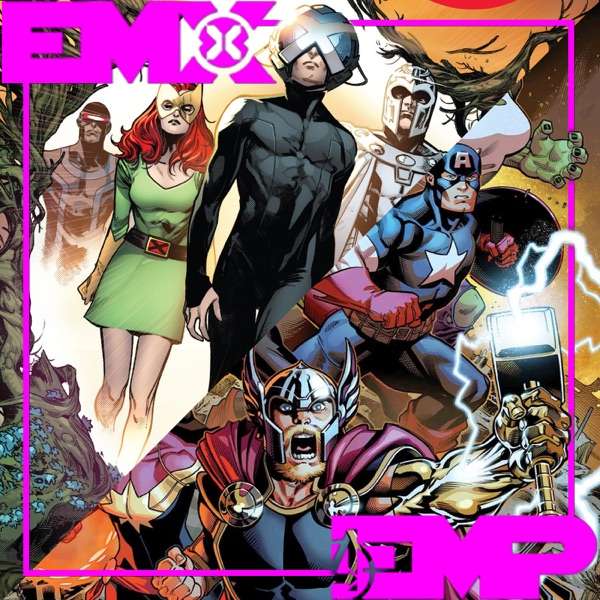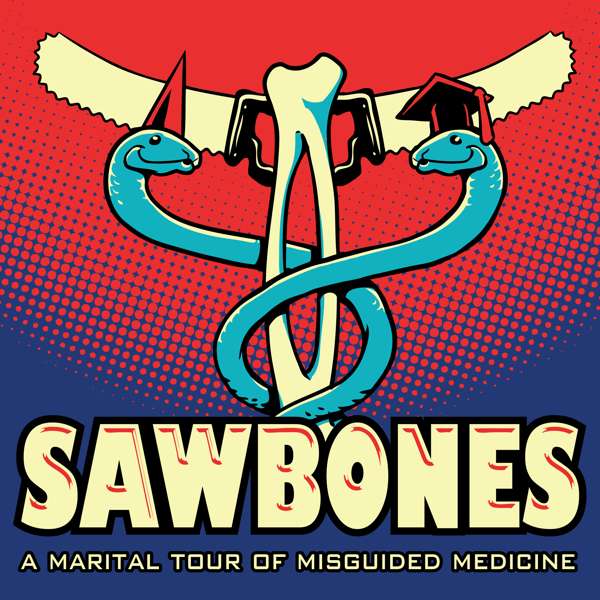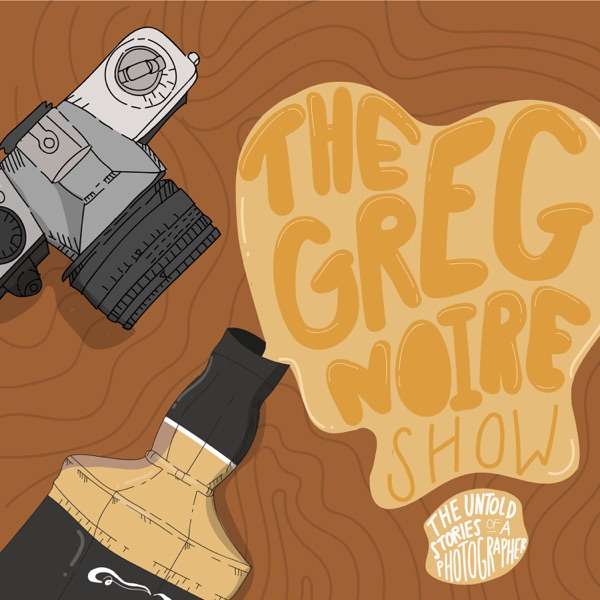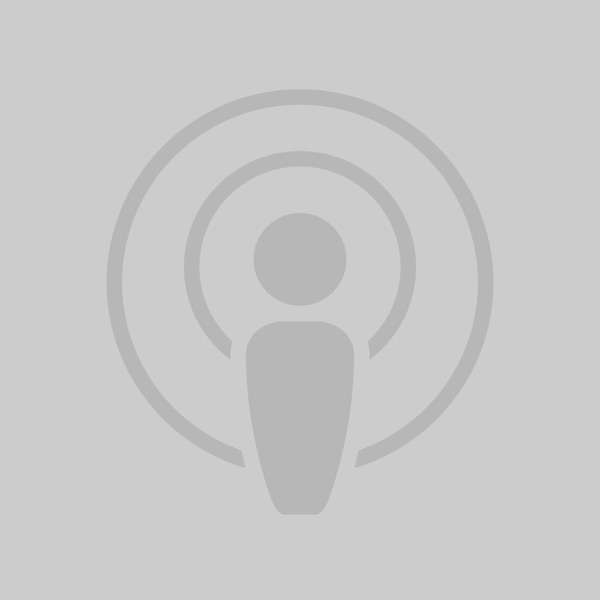“It’s not so much a financial investment as much as it is an investment in yourself.”
In this latest episode of the Cross Counter Content Podcast, Gootecks talks with a friend, Shelby, about starting a podcast and what it takes to make it successful.
Gootecks shares his background on podcasting and why he does it. You're going to learn:
- the frequency at which to podcast
- why you don't need thousands of dollars to get started with a podcast
- the keys to keeping going when the thrill to podcast is gone
WHY YOU SHOULD START A PODCAST
Podcasts continues to be a growing medium. According to Edison Research, more than 112 million U.S. residents have listened to a podcast at least once, an increase of 11 percent from the previous year.
Of those 112 million listeners, 67 listen on a monthly basis, 42 million listen on a weekly basis.
There is a huge demand for podcasts, and there are plenty of people delivering. From Joe Rogan to NPR, from Noah Kagan to Veronica Belmont, there are podcasts for all types of listeners. And the podcasts are all done in different ways. Some are repackaged speeches. Others are done in front of a live studio audience. Some do it from the comfort of their own home chatting with a friend.
But that still leaves a lot of questions to be answered. How does one get started as a podcaster? What’s the right equipment to use? How do you make money from it?
Gootecks has been producing podcasts of some sort for more than a decade, starting with the Street Fighter Podcast, where he interviewed some of the best fighting game players from around the nation.
The podcast knowledge continues today, with the Cross Counter Podcast and the Cross Counter Content Podcast.
SHOW NOTES
1:49
- The No. 1 thing you need to do when you start a podcast.
- How frequent should new episodes be released.
- According to Gootecks, a weekly podcast is more beneficial than a monthly podcast. However, the answer to why is not just about having more content available for the fans and listeners.
6:18
- The equipment needed to produce a podcast at the bare minimum. Gootecks uses a Blue Yeti USB Microphone. For those who can’t afford that, he offers some alternatives.
- How many episodes need to be recorded before the first one is published. Many podcasters do not have a backlog, opting to release new content as it is recorded. Others work weeks or months in advance to have a buffer. Gootecks shares his suggestions.
11:48
- How to make money off of a podcast. There are several ways to turn a podcast into a business, and how YouTube can play a part in generating revenue. Also, why you shouldn’t worry about making money at the start.
21:09
- The types of podcasts that do well.
- Bringing on experts as part of your podcast
- Understanding the episodes that are the hits and are the misses
22:54
- The minimum amount of effort needed to produce an episode. Even a short episode of 10 minutes can take a lot of time and energy to make.
- How much time should be spent working on your podcast.
28:33
- Making your podcast only audio. Is it worth it to duplicate the content on YouTube, Twitch and other places?
34:18
- The post honeymoon phase. The excitement builds as you are preparing to podcast. The thrill stays after the first few weeks or episodes. After that, the hype dies down and the energy dips a little bit. Gootecks shares insights on how to get past the honeymoon phase.
- How to keep the spark going. There are ways to reignite the fire that was there when you initially thought of podcasting.
40:42
- Shelby thinks about her first episode, who would be a guest, the topics discusses, and where to go from there.
- Gootecks shares some thoughts on what should be in the initial episode and the ideal way to craft it.
- The editing software to use
Follow Gootecks on social media:
twitter.com/gootecks
www.instagram.com/gootecks/

 Our TOPPODCAST Picks
Our TOPPODCAST Picks  Stay Connected
Stay Connected







